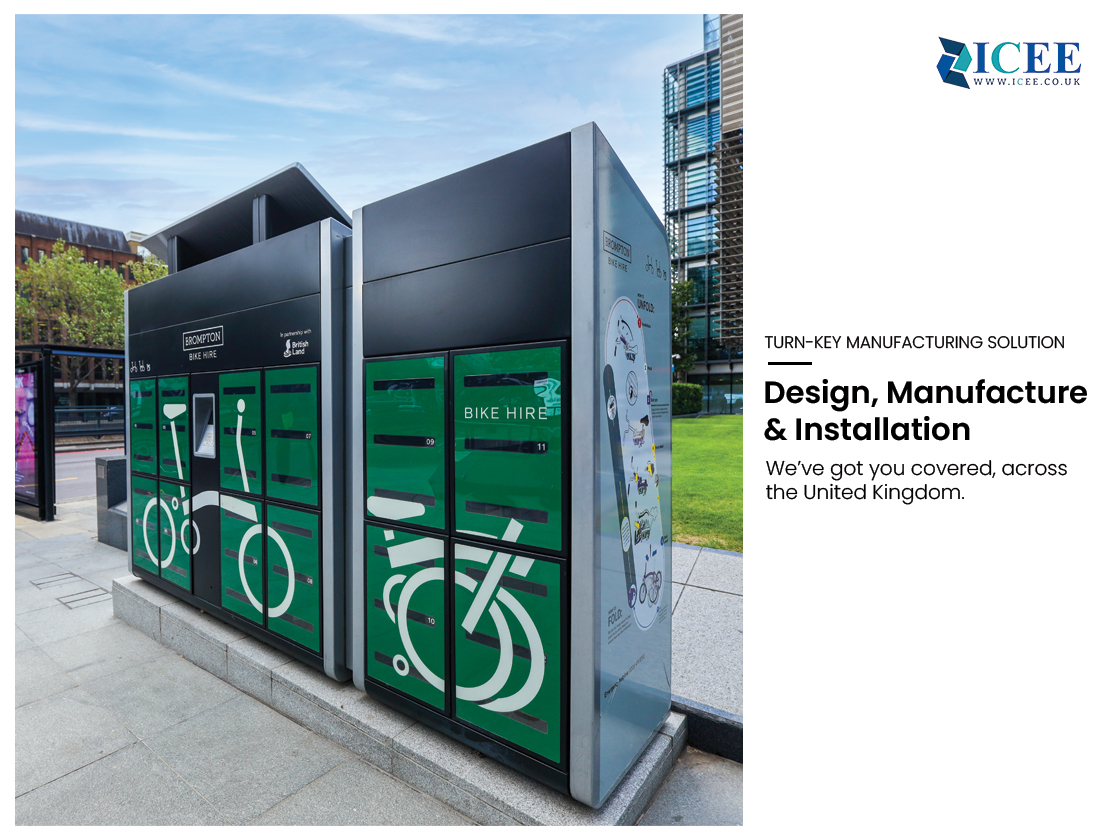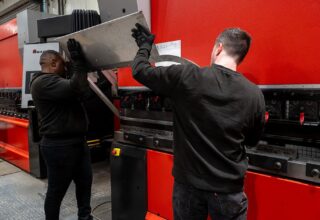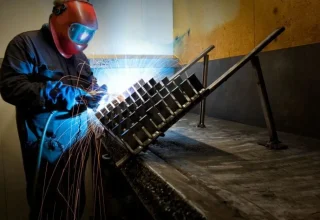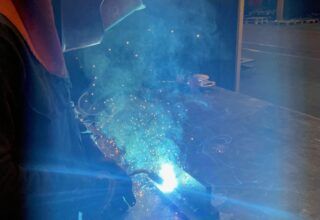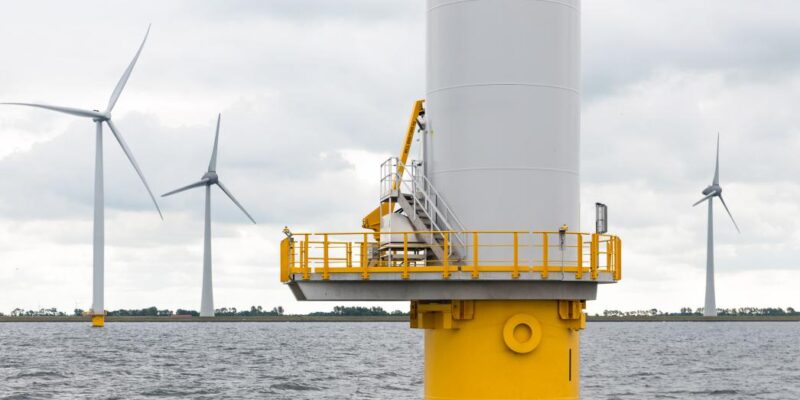
New research investigating single-sided welding for offshore wind foundations could cut the cost of wind turbine fabrication. If found to be successful, this new welding methodology could help ease bottlenecks as governments around the world seek to deliver on ambitious renewable energy targets.
The Fatigue Assessment of Single-Sided Welds in Tubular Joints for Offshore Wind Foundations (ASSISI) project is led by the Belgian Research Centre for Application of Steel (OCAS) and delivered in collaboration with their research partner Iemants (Smulders) as part of the Carbon Trust’s Offshore Wind Accelerator (OWA) programme.
The research project will look at the viability of single-sided welds in tubular joints for offshore structures and run until 2025.
If the fabrication method is found to be effective for offshore wind structures, it could replace the preferred double-sided welding method used across the industry. It could also cut fabrication and manufacturing times for future wind farm sites.
Philippe Thibaux, (Application and Solutions) from OCAS, said: “We are looking forward to determining the fatigue performance of single-sided welds in their full scale, whereby we aim to increase productivity and reduce the cost of offshore wind foundations further, on both monopile attachments and jacket foundations.”
It’s hoped a successful outcome will instil confidence and see single-sided welding become industry standard, potentially speeding up and cutting the costs of fabrication for offshore wind foundations.
The three-year project will conduct 15 fatigue tests across different types of large-scale structures, in addition to a number of small-scale fatigue tests to determine detectable flaw size. This will include numerical simulations and physical testing to replicate the impact on the weld over a structure’s 25-year lifespan.
Alicia Stammers, Associate from the Carbon Trust, said, “the OWA ASSISI project aims to improve industry confidence in single-sided welds, which will encourage time and cost savings within the manufacturing processes for offshore foundations. As a result, the project will help to accelerate the buildout of offshore wind capacity, which is needed to meet ambitious climate targets.”









